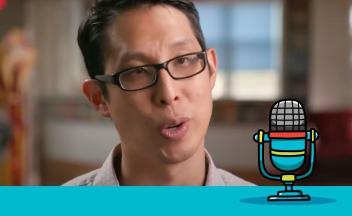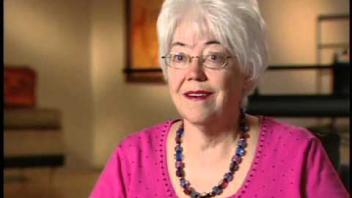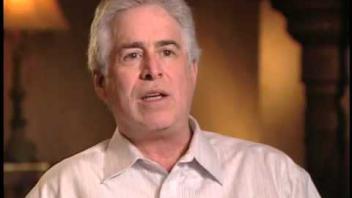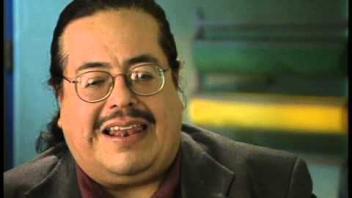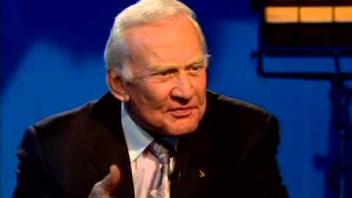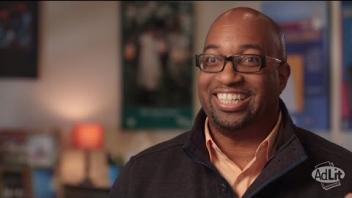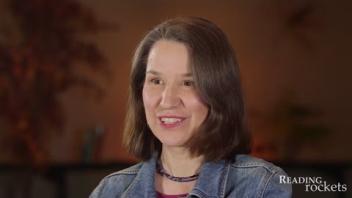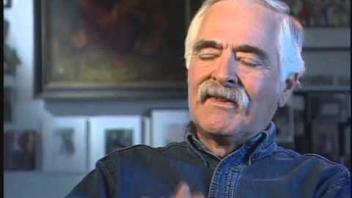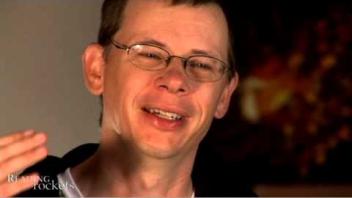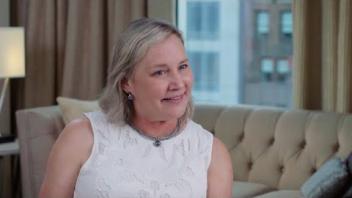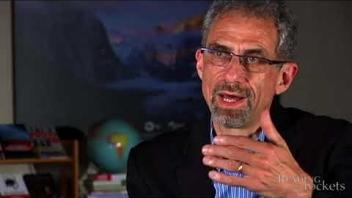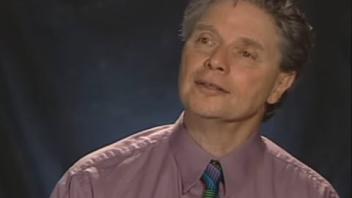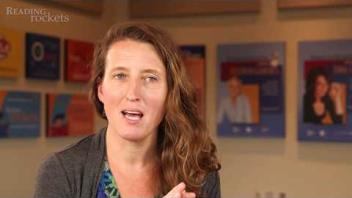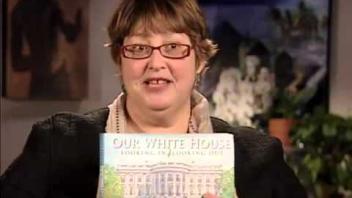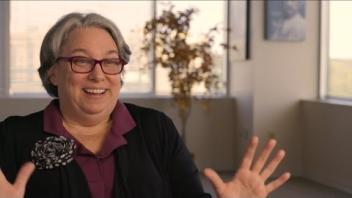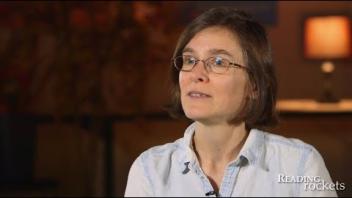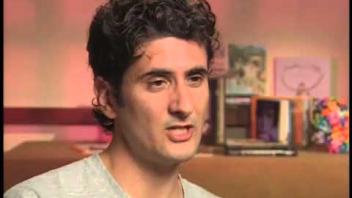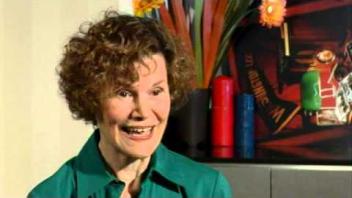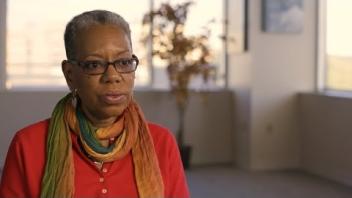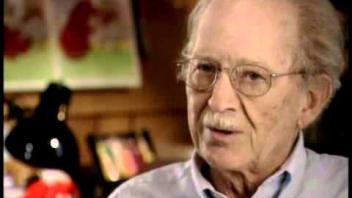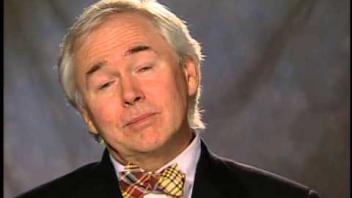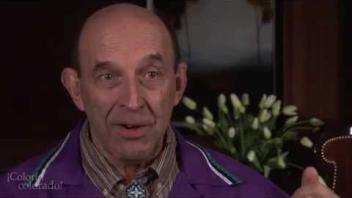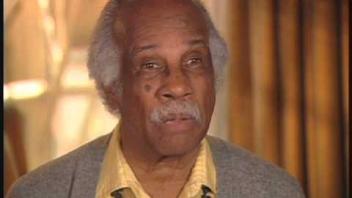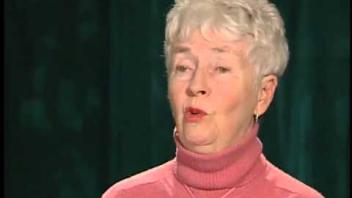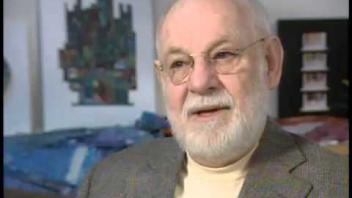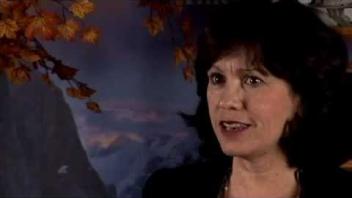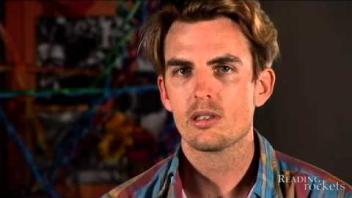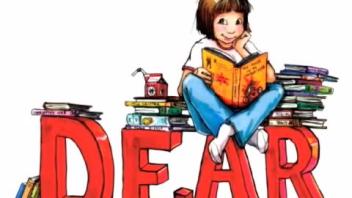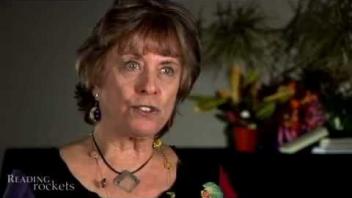Books are entirely about empathy. They are a way of diving into someone else’s mind and heart, whether it’s the mind and heart of the author or the mind and heart of the characters or both. And I think that the more you experience the world through someone else’s perspective, the more you see that there are, you know, these beautiful diverse perspectives in our world and that they inform us and they enlighten and us and they educate us.
And I think that the more we read and the more widely we read, the more diverse authors we read, the more we understand the world. And to me that’s a really powerful aspect of literature that it can create empathy in us in a way that’s really safe where we’re not always able to go out in the world and meet people who are having wildly different experiences than we are, especially if those experiences have to do with racism or sexism or homophobia or transphobia or ableism. Right?
Like we don’t necessarily want to experience those things in real life or want our children to experience those things in real life. But they’re so much a part of our world and so much the underpinning of so many structures in our society that reading about them and understanding them and seeing them on page is a safe way to experience some of the scary and dangerous and difficult things about the world around us.
I’m often speaking in schools that are in wealthy communities that can afford to bring authors, so there’s a limitation to the audience that I’m able to present to regularly. I don’t get to present to, you know, schools in low-income communities as often as I would like to or schools in Black communities as often as I would like to.
So I’m often speaking to an audience that is very different from the characters in my books. And so, you know, they often are experiencing the things that I write about, like contemporary struggles around civil rights, contemporary struggles around police brutality and social justice and equality and things like that feel like something they study in history class in relation to the Civil Rights movement not something that’s part of their world right now.
And so I find that young people respond in a lot of different ways to the work. They are excited about the story. I often am hearing questions about my characters much more often than I’m hearing questions about how we change the world at large. Right? The power of fiction is that you’re drawn into who these people are, you’re drawn into their experience. You’re drawn into the world that they operate in.
So in something like How it Went Down where there’s all these different perspectives, you know, it’s a way of seeing the world through all of these different eyes. And there are a lot of readers who find that really exciting. But, you know, for me as the author it’s just as exciting to hear them rush up and say, well, what happens to so and so after the book is over, you know, that they care about the characters and they’re excited about the story.
